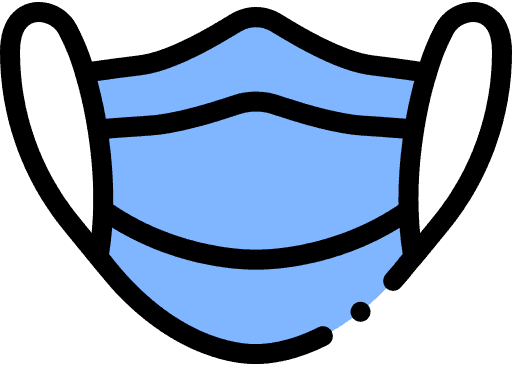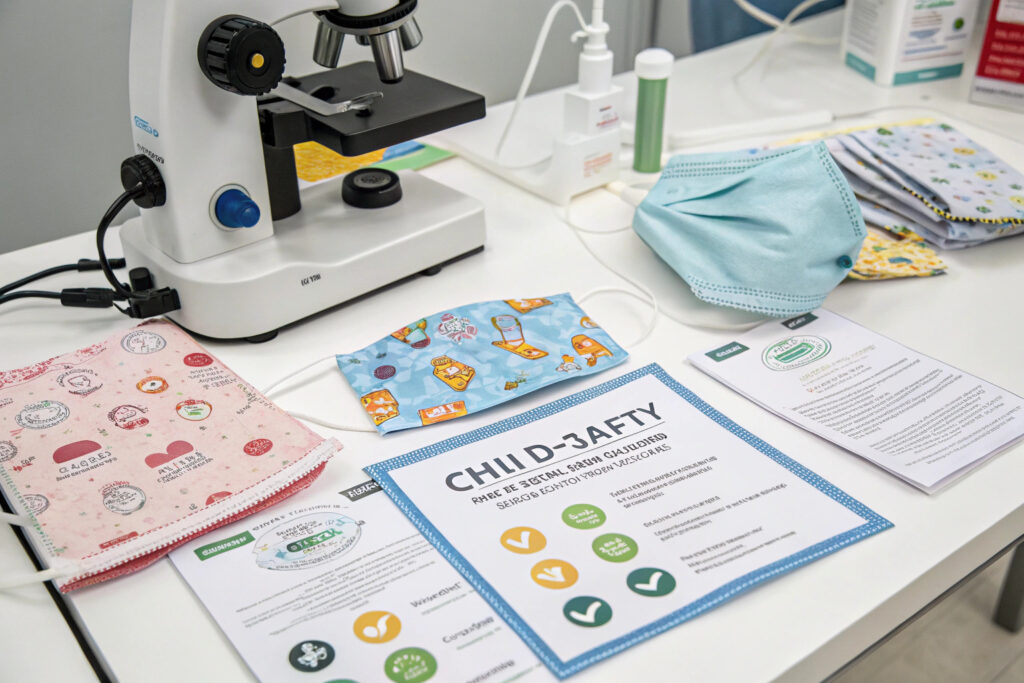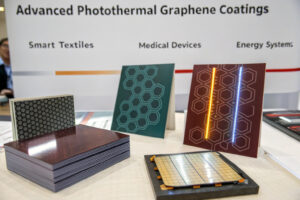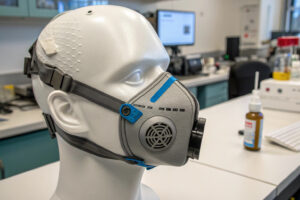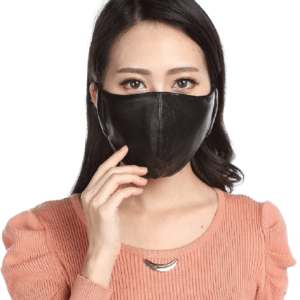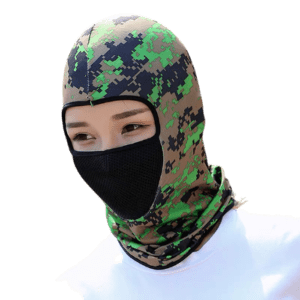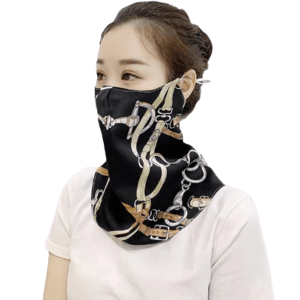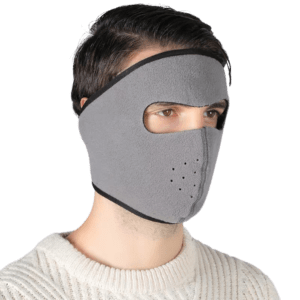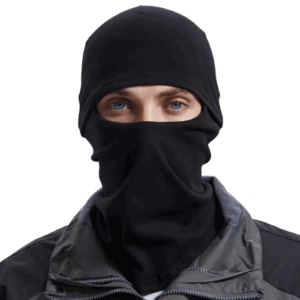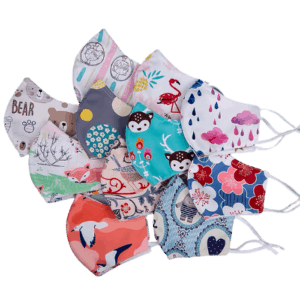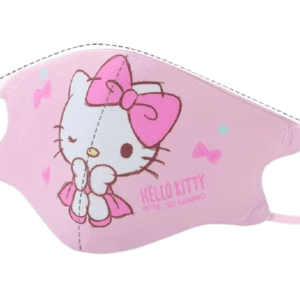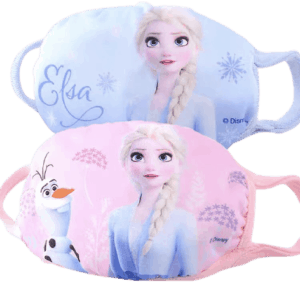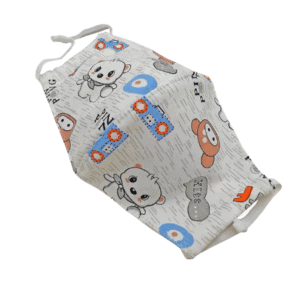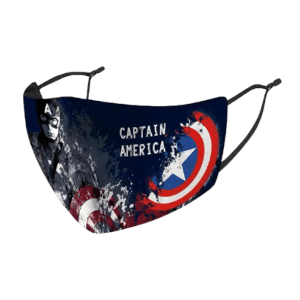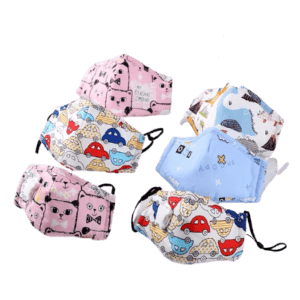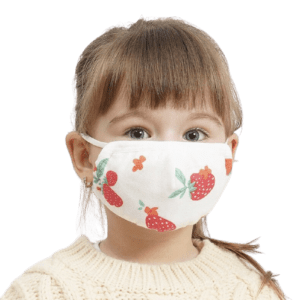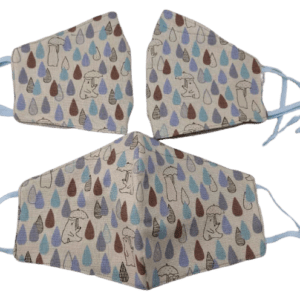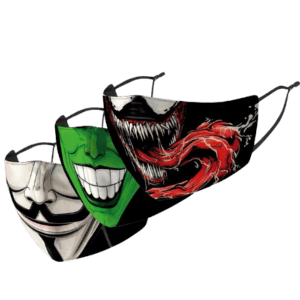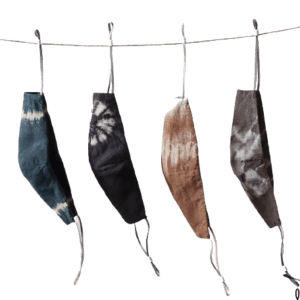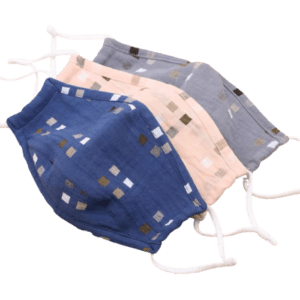Sourcing child-safe fabric masks requires navigating specific safety standards that go beyond general textile regulations. The EN71 certification represents the European standard for toy safety, and when applied to children's masks, it ensures products meet rigorous requirements for chemical content, physical properties, and flammability that protect children from unique risks. Understanding this certification process is essential for brands targeting European markets or those prioritizing highest safety standards.
To source child-safe fabric masks with EN71 certification, you must partner with manufacturers who implement specialized testing for chemical migration, physical and mechanical properties, and flammability according to EN71 standards, while maintaining documentation trails for compliance verification. This involves material selection, production process controls, and third-party testing that specifically addresses children's unique vulnerability to chemical exposure and physical hazards.
The EN71 standard encompasses multiple parts, with sections 1 (mechanical and physical properties), 3 (migration of certain elements), and 12 (odor requirements) being particularly relevant for fabric masks. Successfully sourcing certified products requires understanding both the technical requirements and the supply chain management necessary to maintain compliance. Let's examine the specific steps and considerations for sourcing EN71-certified child-safe fabric masks.
What Are the Specific EN71 Requirements for Fabric Masks?
Understanding the exact testing parameters helps identify manufacturers capable of meeting these specialized standards.

How does EN71-3 address chemical safety?
Migration limits for 19 heavy metals including lead, cadmium, mercury, and chromium VI are significantly stricter than general textile standards. The testing simulates what might be ingested if a child puts the mask in their mouth, with limits ranging from 10-460 ppm depending on the element. For mask applications, this is particularly important since children frequently touch their masks and then their mouths. Our EN71-compliant materials undergo third-party testing that verifies compliance with these specific migration limits.
What physical properties does EN71-1 regulate?
Small parts, sharp edges, and choking hazards are evaluated under tension and compression tests that simulate how children might handle products. For masks, this means ensuring components like nose wires are securely encapsulated, elastic attachments withstand pull tests, and no small parts can detach during normal use. Our manufacturing process includes specific reinforcement stitching and encapsulation methods that exceed the required pull force thresholds.
How to Identify Manufacturers with EN71 Capabilities?
Not all mask manufacturers understand or can comply with EN71 requirements, making supplier selection critical.
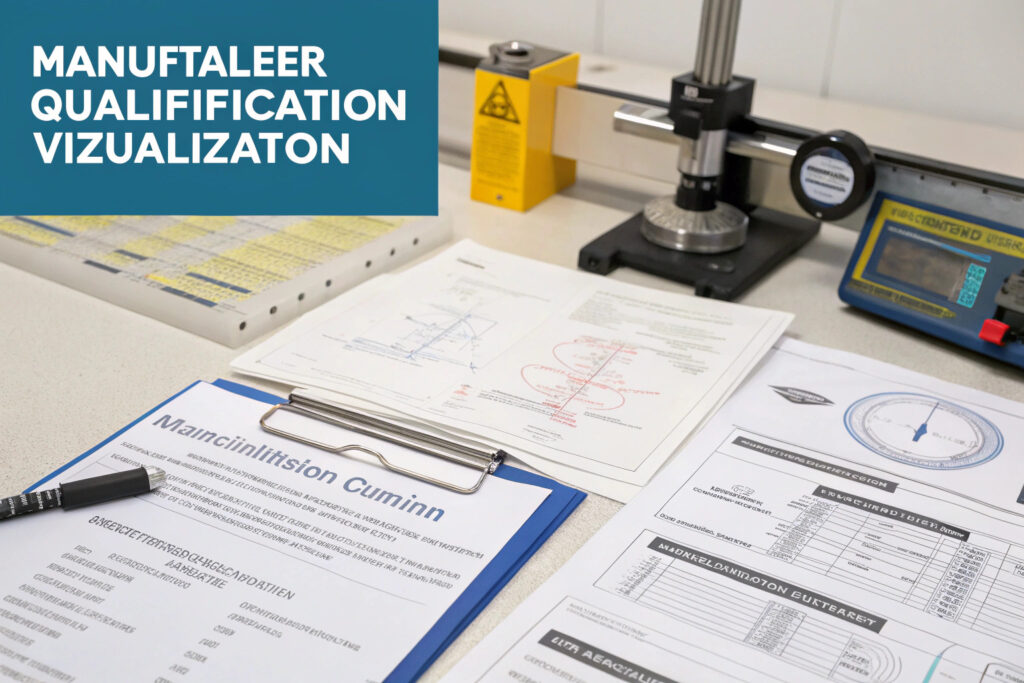
What questions reveal true EN71 experience?
Ask manufacturers about their specific EN71 testing protocols, including which accredited laboratories they use, how they maintain material traceability, and their process for handling non-compliant materials. Manufacturers with genuine experience can provide detailed documentation of their testing procedures and examples of previous EN71-certified products. Our manufacturing partners maintain relationships with TÜV, SGS, and Bureau Veritas laboratories specifically for children's product certification.
How do you verify manufacturer claims?
Request test reports and certification documents from recent production runs and verify them with the issuing laboratories. Authentic EN71 certification should include detailed test results, laboratory accreditation information, and clear product identification. We provide clients with direct access to our testing laboratory contacts and encourage verification of all certification documents.
What Material Selection Ensures EN71 Compliance?
Material choices fundamentally determine whether masks can meet EN71 requirements.
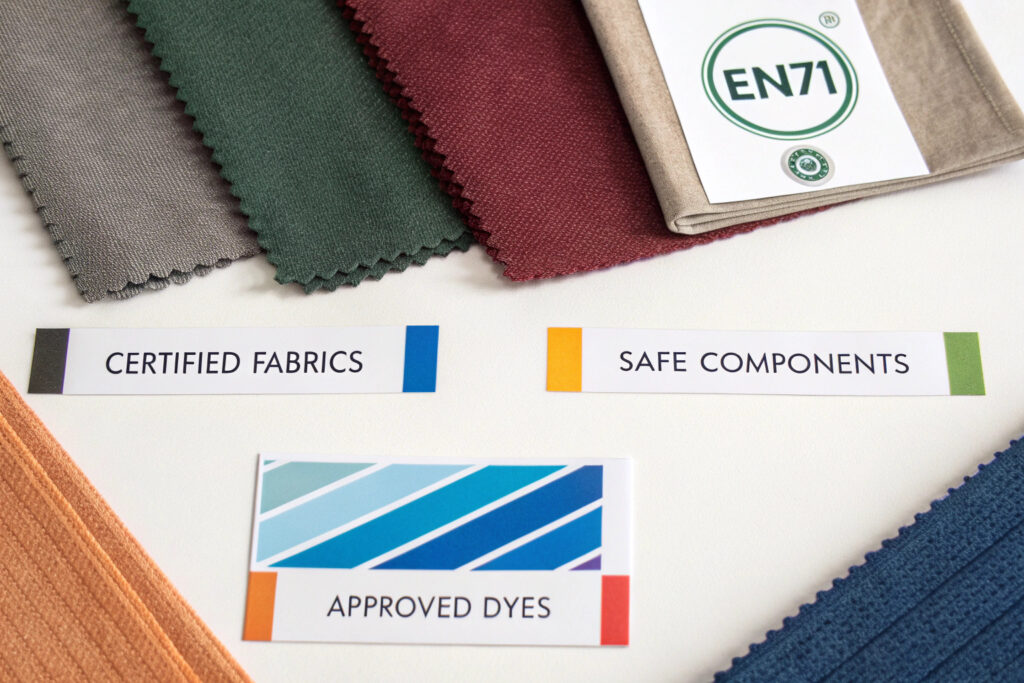
Which fabrics naturally comply with EN71?
GOTS-certified organic cotton and OEKO-TEX® Standard 100 Class I certified fabrics typically provide excellent starting points for EN71 compliance as they already restrict many prohibited substances. These certifications limit heavy metals, formaldehyde, and certain dyes that would fail EN71 migration tests. Our EN71-compliant masks use GOTS-certified organic cotton as a baseline, then conduct additional EN71-specific testing.
What about dyes and printing methods?
Low-impact reactive dyes and water-based printing minimize chemical migration risks compared to conventional dyeing and plastisol printing. The specific chemical composition of dyes and printing inks must be verified for EN71 compliance, with particular attention to arylamines and certain colorants. Our approved supplier list includes dye houses and printers that provide full chemical disclosure and EN71 compliance statements.
What Production Processes Maintain Compliance?
Manufacturing methods must preserve material compliance throughout production.
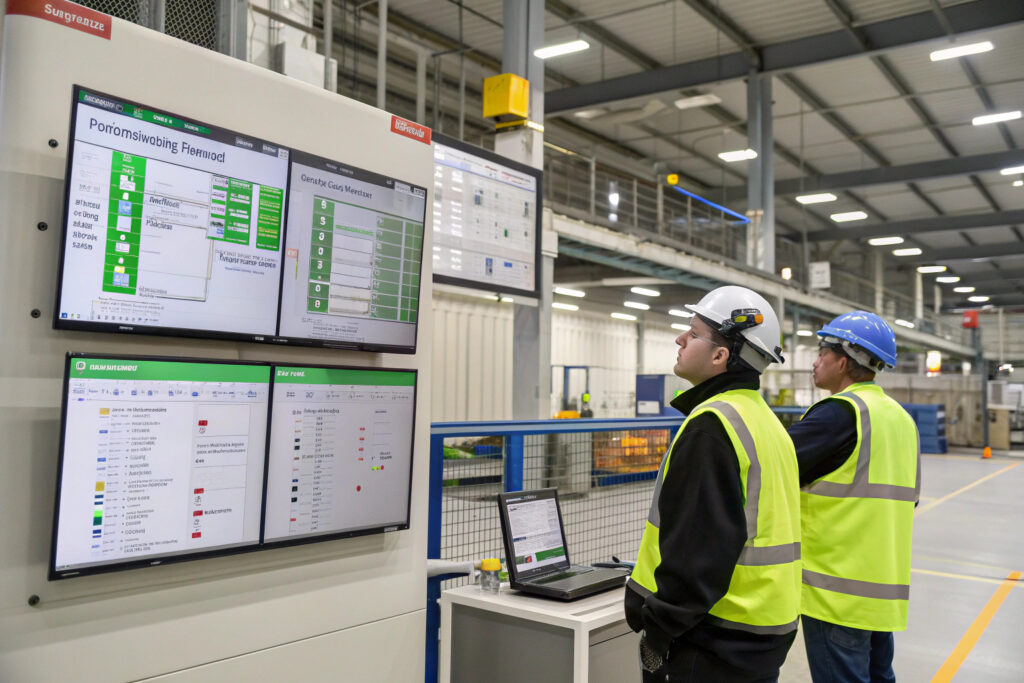
How does segregated production help?
Dedicated production lines for EN71-compliant products prevent cross-contamination with non-compliant materials. This includes separate storage, handling, and manufacturing areas with clear labeling and staff training. Our facility maintains physically separated production zones for children's products, with dedicated equipment and trained operators specifically for EN71-compliant manufacturing.
What in-process controls are necessary?
Batch documentation and material traceability throughout production ensure that any compliance issues can be traced to their source. Each component should be tracked from receipt through final assembly, with clear lot identification. Our tracking system maintains complete component history, allowing us to identify exactly which materials were used in each production batch.
What Documentation Proves EN71 Compliance?
Proper documentation provides the evidence needed to verify and maintain certification.
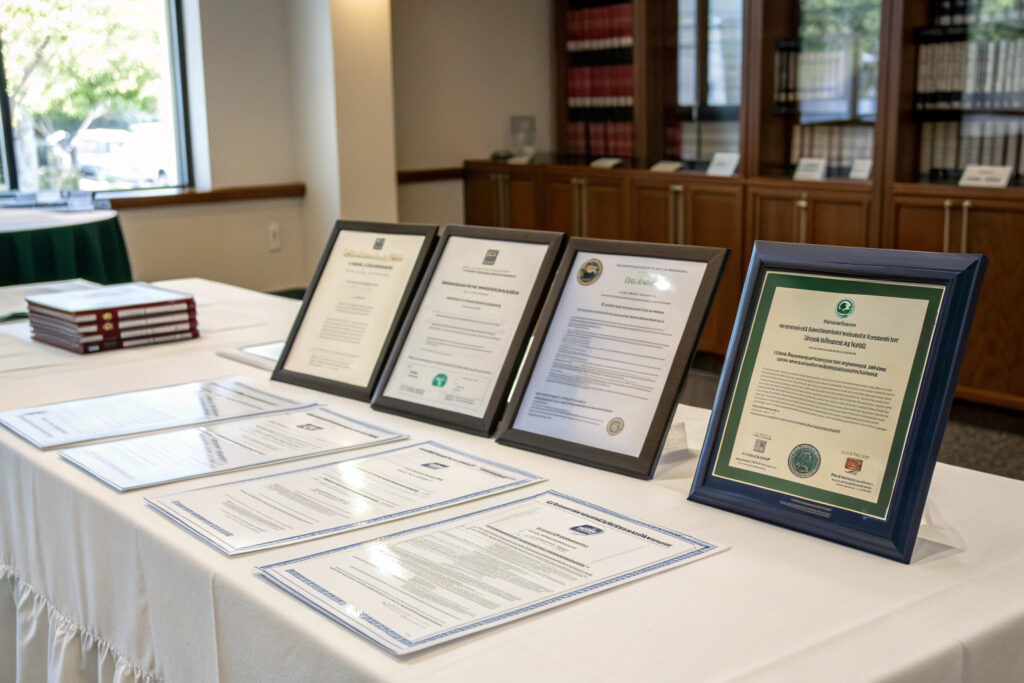
What should a complete technical file include?
Comprehensive technical documentation for EN71 compliance includes: material safety data sheets, component test reports, assembly process descriptions, finished product test reports, and quality control procedures. This documentation should demonstrate compliance throughout the production process, not just final product testing. Our technical files for EN71-certified masks typically exceed 50 pages of detailed documentation and test results.
How often must testing be repeated?
Annual testing and material verification are typically required to maintain EN71 compliance, with additional testing needed whenever materials or suppliers change. Some high-risk components may require more frequent testing. Our compliance calendar includes scheduled testing at regular intervals and triggered by any material or process changes.
What Are the Cost Implications of EN71 Certification?
Understanding the financial impact helps budget appropriately for certified products.
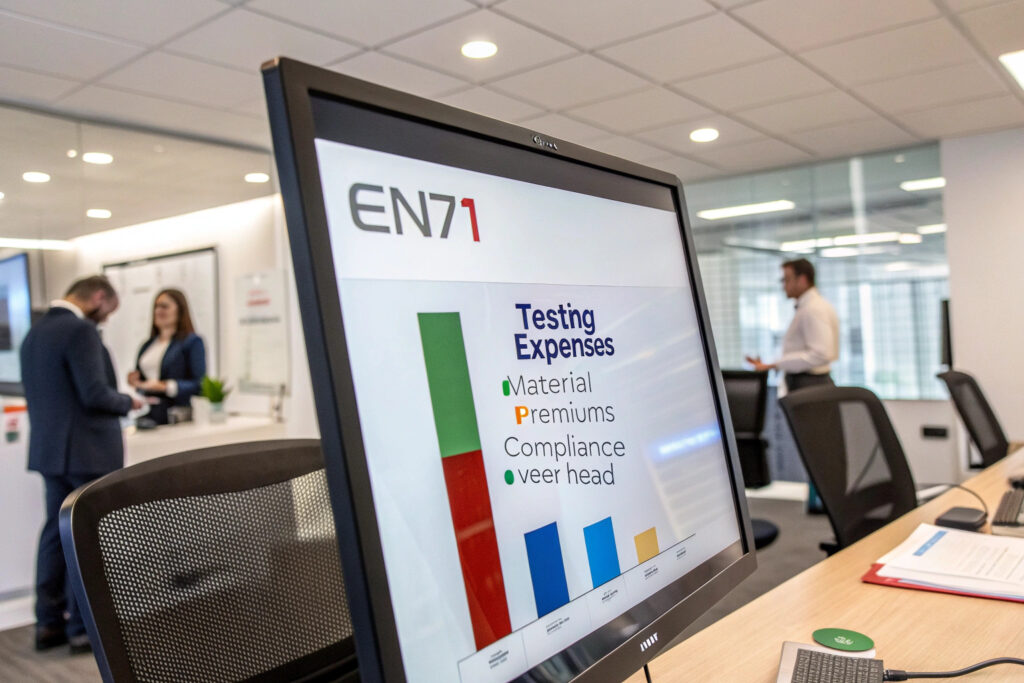
How much does EN71 testing add to product cost?
Third-party laboratory testing typically adds $1,500-$3,500 to development costs, plus $800-$2,000 annually for compliance maintenance. Additionally, EN71-compliant materials typically cost 15-30% more than standard equivalents. These costs are spread across production volume, making certification more economical at higher quantities. Our clients typically see a 20-35% total cost increase for EN71-certified masks compared to standard children's masks.
What economies of scale apply to EN71 compliance?
Testing costs become negligible at production volumes above 25,000 units, while material premiums decrease by 5-15% at volumes above 50,000 units. The fixed nature of testing costs means per-unit impact decreases significantly with volume. Our cost analysis shows EN71 certification adds approximately $0.18-0.25 per mask at 50,000 units, decreasing to $0.09-0.15 at 100,000 units.
Conclusion
Sourcing child-safe fabric masks with EN71 certification requires a systematic approach to material selection, manufacturing control, testing verification, and documentation management. The process demands specialized expertise in children's product safety standards and partnerships with manufacturers who understand the rigorous requirements beyond basic textile production. While EN71 certification involves additional costs and complexity, it provides genuine safety assurance that justifies premium positioning in markets where children's safety is paramount.
The investment in EN71 certification not only ensures regulatory compliance but also demonstrates commitment to product safety that can become a significant competitive advantage in the children's product market. Parents increasingly seek independently verified safety standards, making EN71 certification a valuable differentiator beyond mere marketing claims.
Ready to source EN71-certified child-safe fabric masks? Contact our Business Director, Elaine, at elaine@fumaoclothing.com to discuss our EN71 compliance capabilities and manufacturing expertise. We'll guide you through the certification process and provide samples of our certified children's masks.
